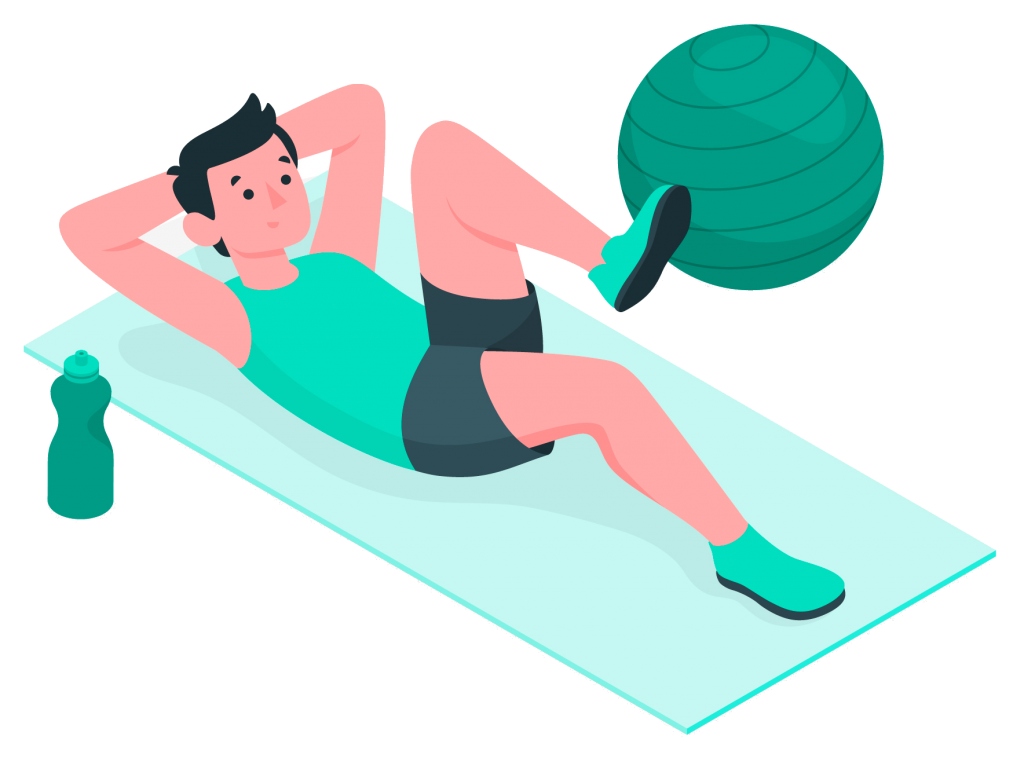CONTACT US: 0919 058 5858 | 02 899 51920
CONTACT US:
0919 058 5858 | 02 899 51920

Teachers play a vital role in our lives, shaping us into the people we are today. They teach us not only about academics, but also important life lessons such as perseverance, empathy, and critical thinking. Some teachers have a lasting impact on us, and we never forget them. Here are a few personal stories about memorable teachers.
“My third grade teacher, Mrs. Carpio called me “sunshine in the rain”. I still remember that particular rainy day when my shoes, socks, and skirt got dirty because I stepped on a muddy puddle. I was so conscious because some of my classmates were teasing me. Mrs. Carpio noticed that I was sad and she reassured me that everything was going to be okay. She wiped my shoes, hugged me, and told me that I looked like “sunshine in the rain” because of my yellow sweater. It might seem like a simple matter but from that day on I learned to look at the brighter side of things. Mrs. Carpio taught me that despite the challenges of life, there’s always something worth smiling about.” – Mitzi
“My high school English teacher, Mr. Punzalan was a brilliant man who taught me to love literature. He challenged me to think outside the box and express myself creatively. He inspired me to tap into my imagination and use critical thinking. He also encouraged me to read beyond the materials specified in the syllabus and to exchange insights with other people. Mr. Punzalan made me realize that learning is not confined to the four corners of the classroom.” – Francis
“My college professor, Mr. Quizon was my mentor both inside and outside the classroom. He taught me how to foster a proactive mindset, to be accountable for my actions, and to pave my own path. But most of all, Mr. Quizon instilled in me the importance of being a lifelong learner. If nursing didn’t work out for me, I would most likely be a teacher.” – Shirley
As a way of showing appreciation to our beloved teachers who have nurtured and inspired us, Medicare Plus Inc. shares the following tips to promote better health and well-being.

How about waking up a little earlier than usual and squeezing in some cardio exercises before going to school? This can help improve blood flow and circulation, and will give you a boost of energy for the day. You can also exercise after work if it suits your schedule better. Either way, dedicating time to physical activity can help you stay healthy and fit. According to CNET, it doesn’t matter what time of the day you exercise as long as you’re consistent. People who exercise regularly can benefit from better weight loss and fitness results.
Quick tip: Finding time to exercise may be the first challenge you need to overcome. A good approach is to build activity into your day-to-day routine by scheduling your exercise as you would any other appointment.

Your hectic schedule in school can have a significant impact on your diet. Your food choices can affect your basic health, as well as your energy and productivity levels. Remember to include greens, healthy grains, and lean proteins in your diet so you can fuel yourself through the school year.
Quick tip: Keep healthy snacks near you such as fruit slices, vegetable sticks, mixed nuts, yogurt, and granola so you can avoid going for junk foods and sugary snacks.

It’s a fact that the body needs plenty of fluids so it can carry out normal functions, but did you know that dehydration can lead to anxiety? According to Healthline, more water intake can improve your mood, reduce tension, and lower the risk of anxiety.
Quick tip: Bringing your own reusable bottle to school can help encourage water-drinking habits. Easy access to drinking water can boost your daily water intake.

According to the National Institutes of Health, getting adequate sleep at night boosts cognitive function, improves mood, and supports overall health. When you have a good night’s sleep, you can perform your classroom duties better and engage your students more. In contrast, poor sleep can affect your processing abilities and make it difficult for you to focus in class.
Quick tip: Stick to a regular sleep schedule and wake up at the same time each day, even on weekends, to regulate your body’s innate sleep-wake cycle. It’s also a good idea to establish a relaxing bedtime routine such as taking a warm bath, reading a book, or listening to soothing music. It’s best to avoid watching TV or using your smartphone and other electronic devices just before bedtime since artificial blue light according to WebMD can interfere with sleep.

Whether it’s the start of a new school year, semester, or term, it’s always good to plan ahead. Creating a list of your tasks, activities, and goals for a particular period can give you a sense of control and increase productivity. This mindset is also applicable on a daily or weekly basis. Setting small goals enables you to use your time more efficiently and reduce the stress of dealing with unplanned things to do.
Quick tip: Use a planner (traditional or digital) of your choice to organize and keep track of lesson plans, class schedules, and daily tasks. A planner can also be a helpful tool in balancing long-term and short-term goals.

As a teacher, you have a huge impact on the lives of your students. You provide guidance and support, and help them grow and develop into well-rounded individuals. Although taking care of your students’ needs is one of your primary goals, it is also important to create boundaries to foster healthy teacher-student and teacher-parent relationships. Start by defining the parameters of the boundary that align with your personal values. For example, you can dedicate time for teaching and time to assist students with other concerns after classroom hours.
Quick tip: It’s advisable to let students and their parents/caregivers know the best time that they can contact you and establish a reasonable time frame for your response.

Teaching is a rewarding profession but it has its share of challenges, from dealing with students’ behavioral issues to handling difficult parents. While stress may seem inevitable, how you manage it can spell the difference between having a long, gratifying career and a short one that ends in burnout. A good way to fight stress is by taking a break and enjoying activities that make you feel energized.
Quick tip: What do you enjoy doing? Whether it’s watching your favorite show or movie, reading a book, cooking your favorite dish, going on a road trip, spending quality time with the family, or hanging out with your friends, just remember to make time for feel-good things that help lift your mood.
Teachers play a significant role in the lives of students and a great way to show our appreciation for them is to help promote their health and wellness. Even with self-care routines and precautionary measures, medical emergencies can still catch us off guard. Getting a prepaid emergency health card can prepare us for unforeseen medical situations and put our mind at ease.

Easy access health plan options for the Filipino community.
We know finding the right healthcare plan can be a complex and confusing task.
Our health plan specialists are always here to help 24/7.
Got more questions?